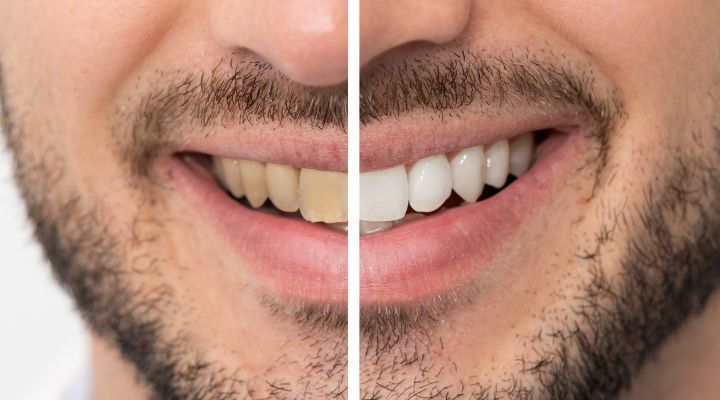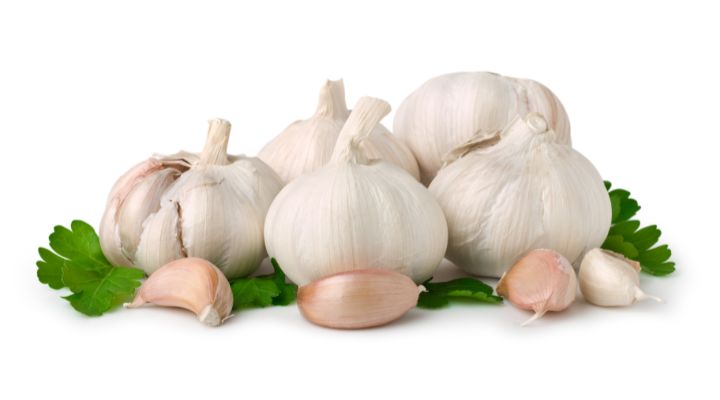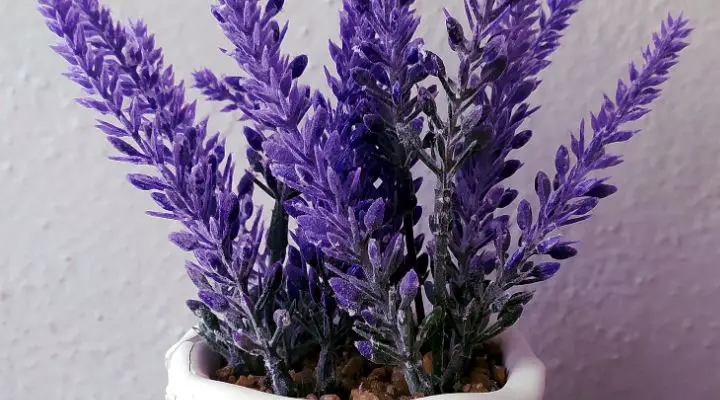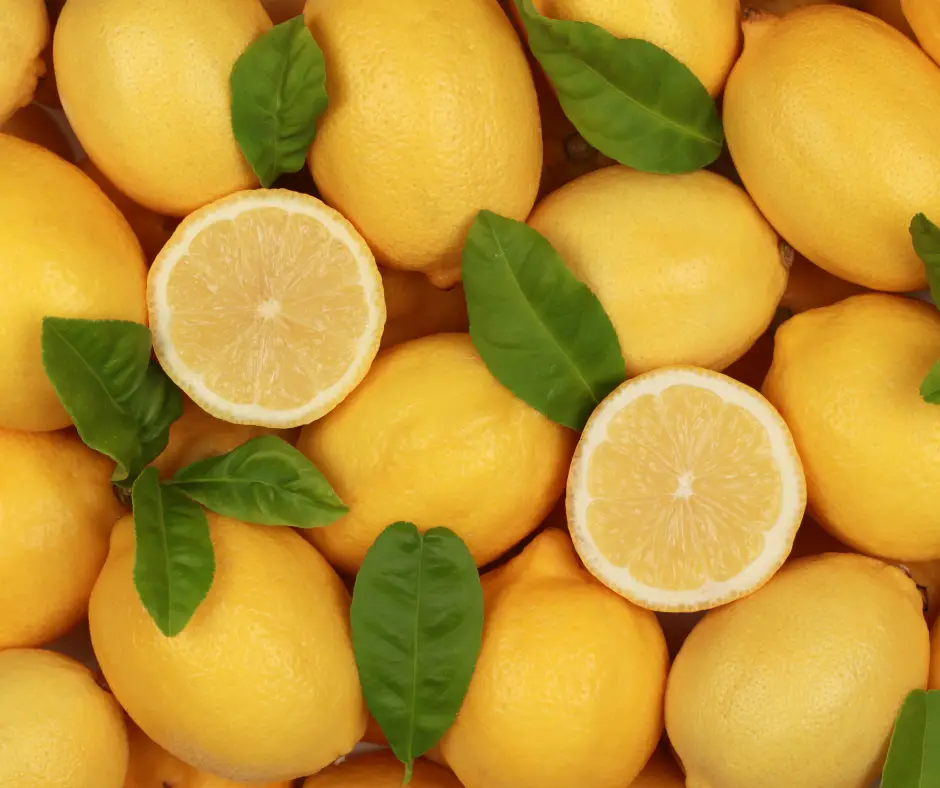Has the yellowish tint on your teeth been bothering you, making you feel insecure and destroying your smile? Do not be alarmed; we have the ideal remedy! This article will examine the underlying reasons of tooth discolouration and provide a simple, efficient approach for teeth whitening in under two minutes. A brighter, more self-assured grin will replace your yellow teeth!
Understanding Yellow Teeth
Yellow teeth are a common dental concern faced by many individuals. Several factors contribute to teeth discoloration, including poor oral hygiene, consumption of staining substances like coffee or tobacco, aging, and certain medications. Understanding the root cause of your yellow teeth is crucial in finding the most effective solution.
The Two-Minute Solution
Introducing the revolutionary two-minute solution to whiten your teeth effortlessly. This method is simple, cost-effective, and yields impressive results in just a fraction of the time compared to traditional whitening techniques. No more lengthy appointments or expensive treatments – achieve a dazzling smile from the comfort of your own home!
Ingredients Needed
To get started, gather the following ingredients:
- Baking soda
- Hydrogen peroxide
- Toothbrush
These readily available items are all you need to kickstart your journey towards whiter teeth.
Step-by-Step Guide
- Create a paste by mixing baking soda with a small amount of hydrogen peroxide.
- Spend two minutes brushing your teeth after dipping your toothbrush into the paste.
- Rinse thoroughly with water.
- Admire your instantly brighter smile!
Follow this simple routine regularly for optimal results.
Precautions to Take
While this method is generally safe and effective, it’s essential to exercise caution:
- Avoid overusing the mixture, as excessive scrubbing can damage tooth enamel.
- If you currently have dental problems or have sensitive teeth, speak with your dentist.
- In the event that you have any negative reactions, stop using.
Benefits of the Method
The two-minute teeth whitening method offers numerous benefits:
- Quick and convenient: Achieve noticeable results in just two minutes.
- Affordable: No need for expensive dental treatments or products.
- Safe and natural: Utilizes common household ingredients without harsh chemicals.
Alternatives to Consider
If the two-minute method doesn’t suit your preferences, consider alternative teeth whitening options such as:
- Whitening toothpaste
- Over-the-counter whitening strips
- Professional dental treatments
Explore different methods to find the one that best fits your lifestyle and budget.
Frequently Asked Questions (FAQs)
- Is this method safe for daily use?
- While it’s generally safe, it’s recommended to use it a few times per week to prevent enamel damage.
- Will this method work for severe teeth discoloration?
- Results may vary depending on the severity of discoloration. See your dentist for more specific guidance.
- Can I substitute ingredients in the mixture?
- It’s best to stick to the recommended ingredients for optimal results and safety.
- How long will the whitening effects last?
- With regular maintenance and good oral hygiene, results can last several months.
- Are there any adverse reactions to be mindful of?
- Some people could have transient gum inflammation or tooth sensitivity
Conclusion
Say goodbye to yellow teeth and hello to a brighter, more confident smile with the two-minute teeth whitening method. By understanding the causes of teeth discoloration and following our simple yet effective guide, you can achieve dazzling results in no time. Don’t let yellow teeth hold you back – reclaim your smile and confidence today!









